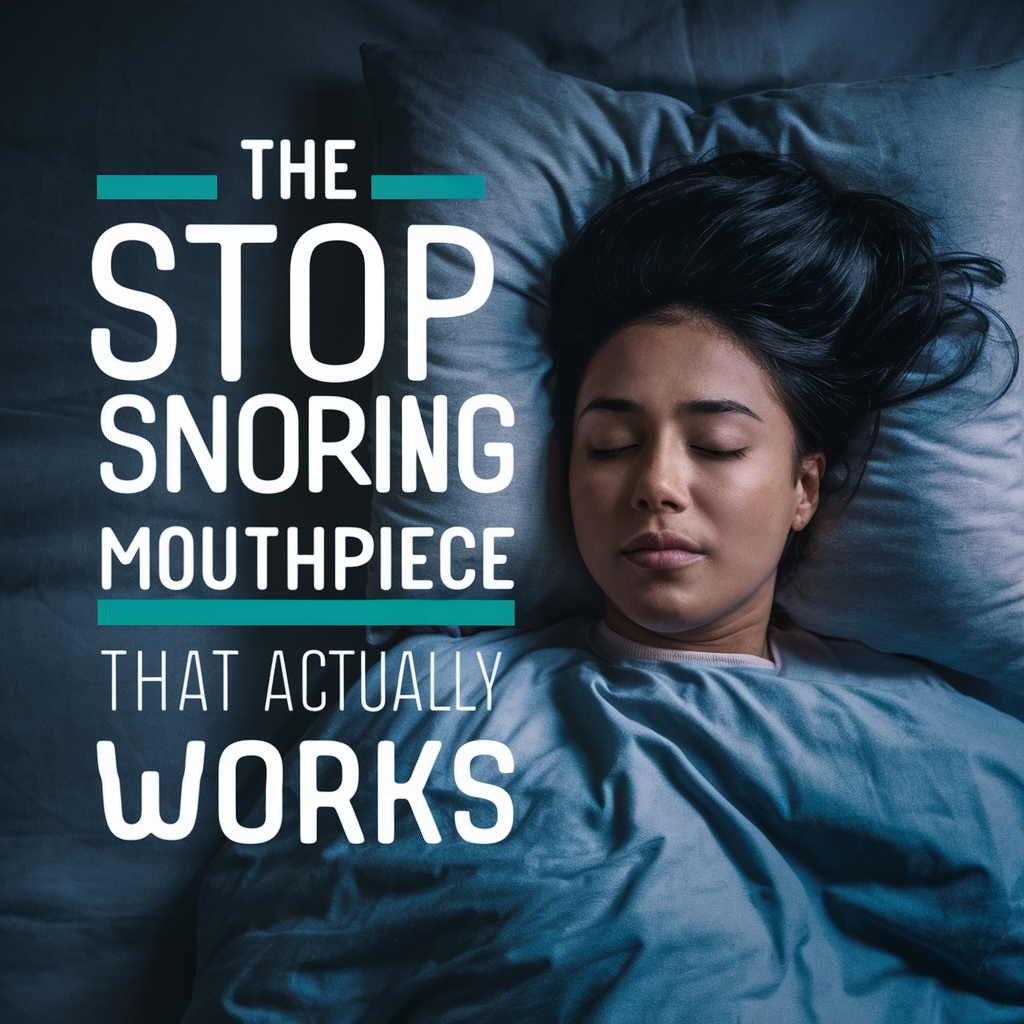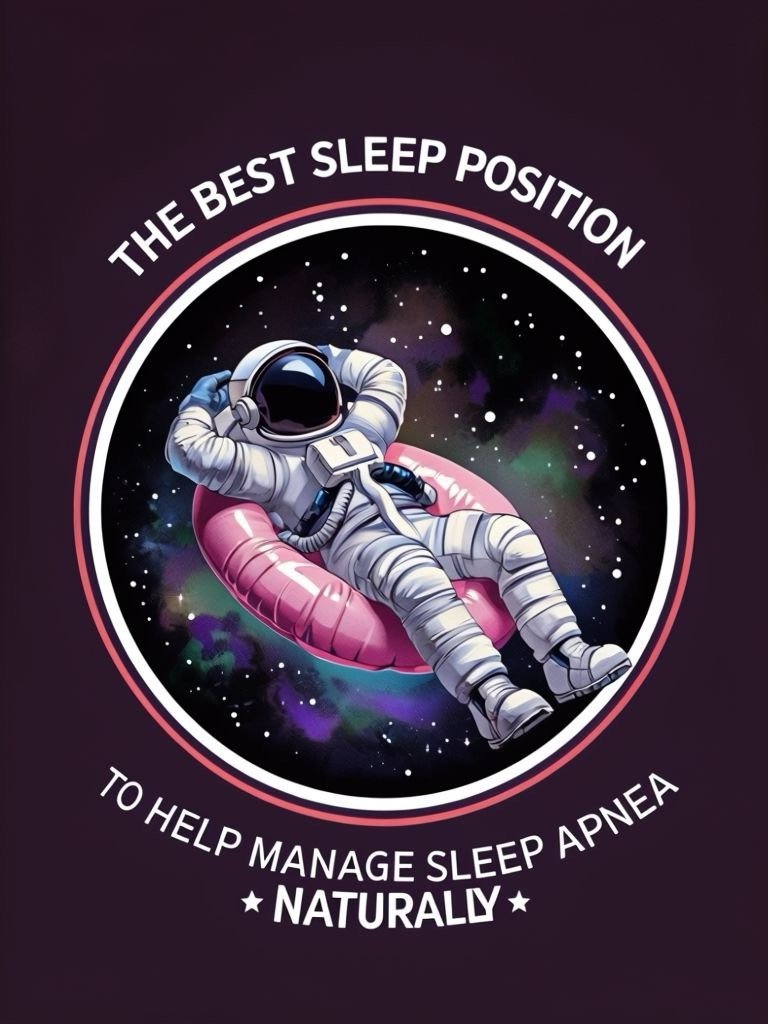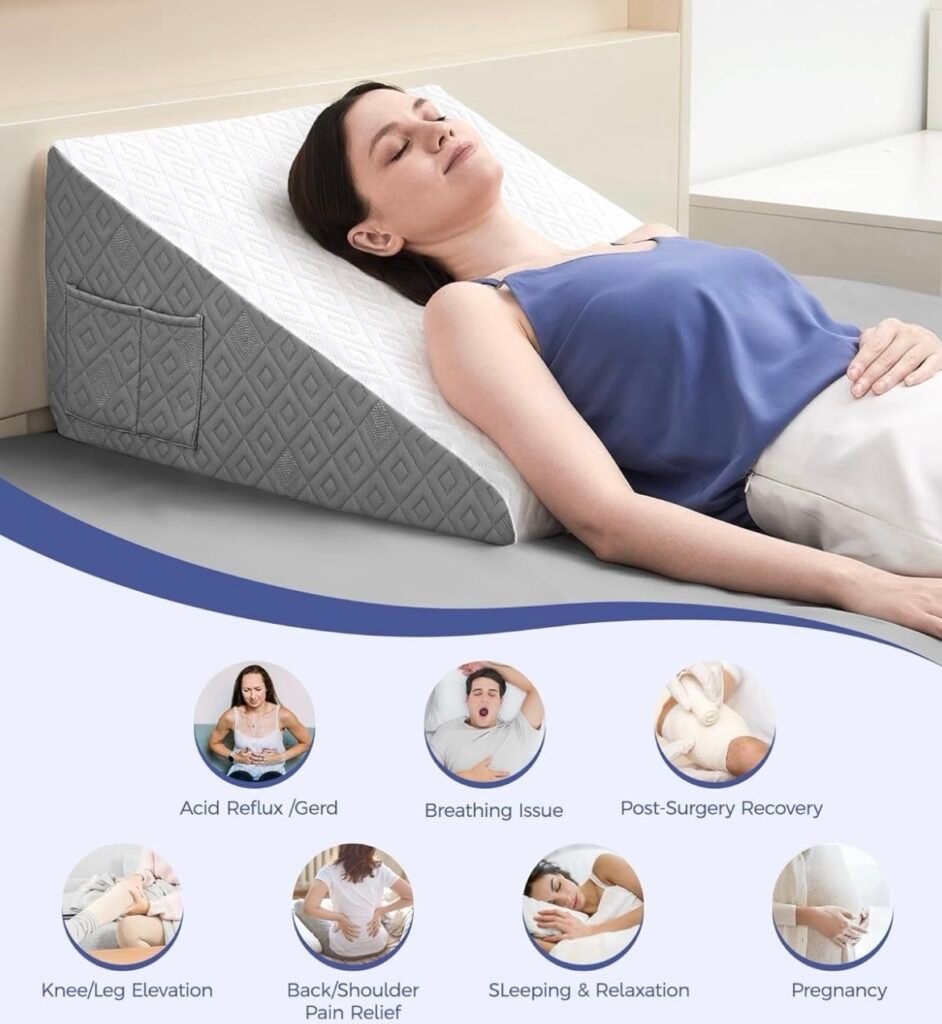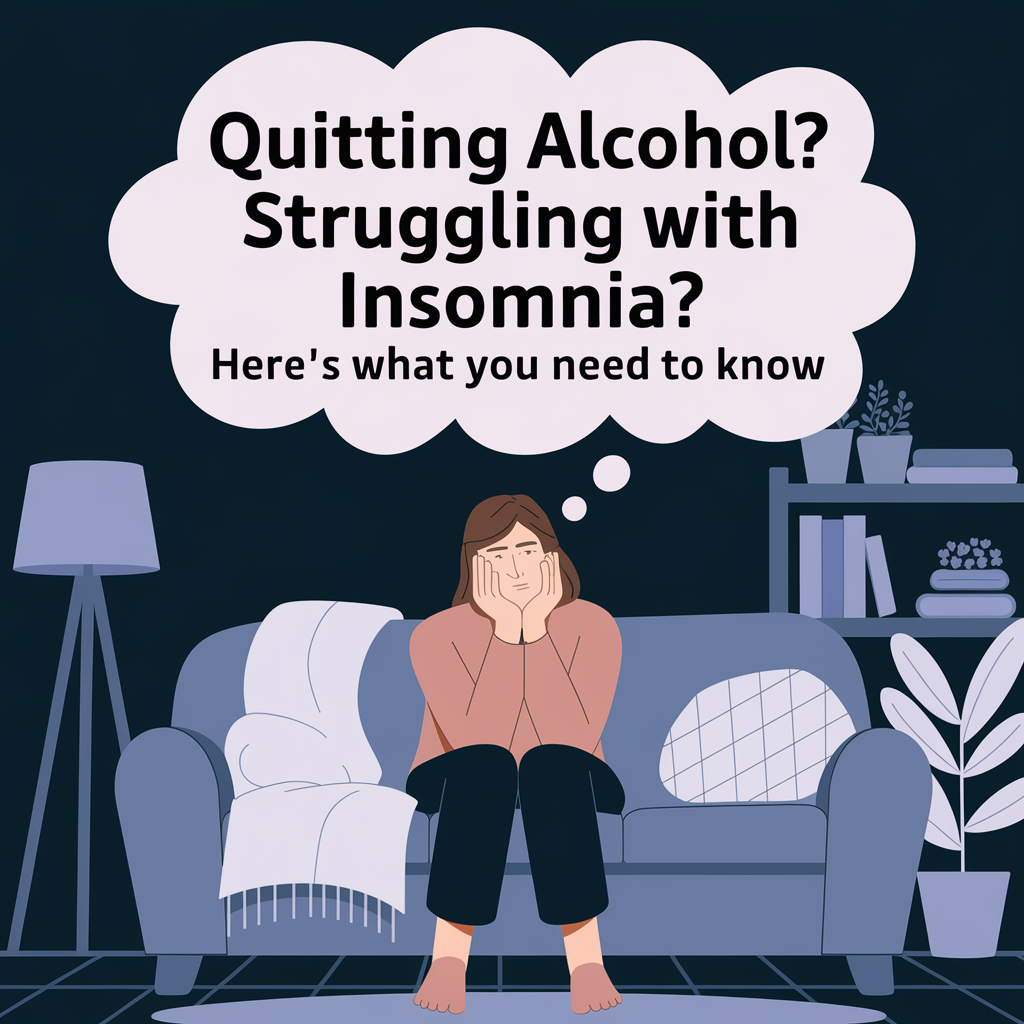
Understanding the Danger of Sleep Apnea
Sleep apnea isn’t just about snoring or feeling tired during the day—it’s a serious condition that can pose life-threatening risks if left untreated. This sleep disorder causes repeated pauses in breathing throughout the night, depriving the body of oxygen and putting immense stress on vital organs. Over time, this oxygen deprivation can lead to severe health issues, including heart disease, stroke, and even sudden death during sleep.
While many people think of sleep apnea as a simple inconvenience, the reality is far more alarming. Studies have shown that untreated sleep apnea can significantly shorten life expectancy, making early diagnosis and treatment essential. This article will explore the critical dangers of sleep apnea, how it can ultimately be fatal, and the steps you can take to manage this condition effectively.
For those experiencing potential symptoms, like excessive daytime fatigue or frequent snoring, taking action now can make a difference. Diagnosing sleep apnea through a sleep study is often the first step. If you’re concerned about undergoing a sleep test, check out What If I Can’t Sleep During a Sleep Study Test? for helpful tips and advice.

What Happens If You Let Sleep Apnea Go Untreated?
Untreated sleep apnea doesn’t just disrupt your sleep—it takes a serious toll on your overall health. When breathing repeatedly stops throughout the night, your body enters a state of stress. Oxygen levels drop, and your heart works overtime to compensate. Over time, this can lead to long-term health issues, including:
- High Blood Pressure: The repeated drops in oxygen force your blood vessels to constrict, increasing blood pressure. Chronic hypertension can develop, further straining your heart.
- Heart Disease and Stroke: Untreated sleep apnea increases the risk of heart attacks and strokes due to the constant strain on your cardiovascular system. Studies show a clear link between severe apnea and sudden cardiac events.
- Type 2 Diabetes: Sleep apnea is associated with insulin resistance, making it harder for your body to regulate blood sugar levels.
- Cognitive Decline: Poor oxygen supply to the brain and disrupted sleep can lead to memory problems, difficulty concentrating, and even dementia over time.
Ignoring sleep apnea allows these risks to compound, often without obvious symptoms until significant damage has occurred. The good news is that even small changes can help reduce symptoms. For example, sleeping in a better position can alleviate some airway blockages. Learn more about The Best Sleep Position to Help Manage Sleep Apnea Naturally and discover practical steps to improve your sleep quality.

Can Sleep Apnea Be a Cause of Death?
Yes, sleep apnea can be a direct cause of death, especially when left untreated. The condition is particularly dangerous because it disrupts the body’s ability to get enough oxygen, which can trigger fatal events during sleep. Research has shown a clear link between severe sleep apnea and an increased risk of sudden cardiac death, particularly during the early morning hours when oxygen levels are at their lowest.
One of the most dangerous complications of untreated sleep apnea is its impact on the heart. The constant strain caused by oxygen deprivation can lead to life-threatening arrhythmias (irregular heartbeats) and heart failure. Additionally, untreated sleep apnea increases the likelihood of strokes, where blood flow to the brain is interrupted, often with fatal consequences.
While sleep apnea doesn’t often cause death directly overnight, its cumulative effects on the body can lead to serious health crises over time. Taking steps to address the condition, even through simple tools, can make a huge difference. For example, using a device like The STOP Snoring Mouthpiece That Actually Works can help alleviate mild to moderate symptoms and reduce immediate risks.

How Long Can You Live with Severe Sleep Apnea?
The impact of severe sleep apnea on life expectancy is significant, especially when left untreated. Studies show that severe sleep apnea can shorten a person’s lifespan by several years, often due to complications such as heart disease, high blood pressure, and stroke. Without treatment, the strain that repeated oxygen deprivation places on the body can lead to an earlier death compared to someone without the condition.
One study revealed that the average life expectancy for untreated severe sleep apnea patients is around 58 years, much lower than the general population. This is particularly concerning given that many people with sleep apnea remain undiagnosed and untreated for years, unaware of the hidden damage being done to their bodies each night.
The good news is that treatment options, including CPAP machines and lifestyle changes, can significantly improve outcomes and quality of life. The first step to managing severe sleep apnea is getting a proper diagnosis. If you’re curious about the costs and benefits of sleep studies, check out How Much Do Sleep Studies Cost and Are They Worth It? for detailed information that can help you take the next step toward better health.

What Habit Can Make Sleep Apnea Worse?
Certain habits can worsen sleep apnea symptoms, making it harder to manage and increasing the associated health risks. If you have sleep apnea, identifying and addressing these habits can make a big difference in your overall quality of sleep and health. Here are some of the most common habits that aggravate sleep apnea:
- Weight Gain: Excess weight, particularly around the neck, increases the likelihood of airway obstruction during sleep. Managing your weight through a healthy diet and exercise is one of the most effective ways to reduce sleep apnea severity.
- Alcohol Use Before Bed: Alcohol relaxes the muscles in the throat, making it easier for the airway to collapse during sleep. Avoid drinking alcohol close to bedtime to reduce this effect.
- Sleeping on Your Back: This position allows gravity to pull the tongue and soft tissues back, partially blocking the airway. Opting for side sleeping can help keep the airway open. For tips on improving sleep habits, check out The Ultimate Guide to Overcoming Sleep Issues: Tips and Products.
- Smoking: Smoking irritates the upper airway, causing inflammation and swelling that can worsen apnea symptoms. Quitting smoking can improve breathing and reduce health risks overall.
- Irregular Sleep Schedules: Poor sleep hygiene, like inconsistent bedtimes or excessive screen use before bed, can worsen sleep apnea by disrupting your natural sleep patterns.
Addressing these habits doesn’t just help with sleep apnea—it also improves overall sleep quality and long-term health. Making these small changes can significantly reduce the strain on your body and help you breathe easier at night.

What Is End-of-Life Sleep Apnea?
End-of-life sleep apnea refers to the worsening of sleep apnea symptoms as patients age or face declining health due to terminal illnesses or other chronic conditions. In some cases, sleep apnea can become more severe during the later stages of life, especially if it is left untreated or if the patient’s overall health deteriorates.
Here are some key considerations about end-of-life sleep apnea:
- Increased Severity: As people age, their muscle tone weakens, including in the throat and airway. This natural aging process can worsen obstructive sleep apnea, leading to more frequent and longer pauses in breathing during sleep.
- Complications with Other Conditions: Patients with terminal illnesses or chronic diseases like heart failure or advanced COPD often experience worsening sleep apnea. The combined effect of these conditions can lead to serious complications, including reduced oxygen levels, fatigue, and higher stress on the heart.
- Managing Symptoms for Comfort: While treating end-of-life sleep apnea may not always prolong life, it can improve a patient’s comfort and quality of sleep. Using devices like CPAP machines or adjusting sleeping positions can help alleviate symptoms and provide some relief.
End-of-life sleep apnea highlights the importance of managing this condition earlier in life to prevent complications as health declines. Even small steps, like exploring natural sleep aids or sleep-focused products, can make a difference. For example, The Best Sleep Position to Help Manage Sleep Apnea Naturally offers simple but effective strategies that anyone can start using right away.

Addressing Sleep Apnea Can Save Lives
Sleep apnea isn’t just an inconvenience—it’s a serious medical condition that can have life-threatening consequences if left untreated. From cardiovascular complications to sudden cardiac death, the risks associated with untreated sleep apnea highlight the importance of early diagnosis and management. The good news is that with proper treatment, lifestyle changes, and medical support, these risks can be significantly reduced, improving both quality of life and life expectancy.
If you suspect you or a loved one has sleep apnea, it’s crucial to take action. A sleep study is often the first step in identifying the severity of the condition. If the idea of a sleep study feels intimidating, What If I Can’t Sleep During a Sleep Study Test? offers guidance to help you prepare and get the most out of the process.
Additionally, small adjustments like sleeping in the right position or addressing contributing habits can help manage symptoms effectively. Resources like The STOP Snoring Mouthpiece That Actually Works provide practical solutions for improving sleep and breathing.

Ultimately, taking sleep apnea seriously can save lives. Whether through medical treatments or natural strategies, prioritizing your sleep health is one of the best investments you can make for your overall well-being.
As an Amazon Associate we earn from qualifying purchases through some links in our articles.

